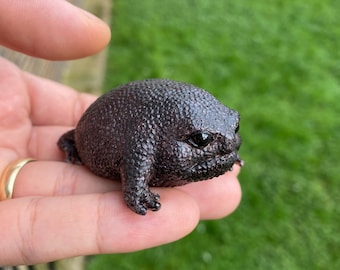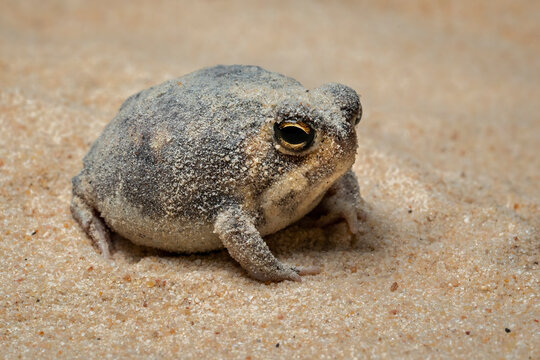Common Health Issues in Reptiles: Signs and Solutions
In the detailed globe of reptile care, understanding the common health and wellness problems that might impact these distinct creatures is critical in ensuring their well-being. From respiratory infections that can quietly hold to metabolic bone illness that can incapacitate, reptiles are susceptible to a range of ailments that need eager monitoring and timely intervention. Whether it's coming to grips with parasitic infestations, navigating dehydration problems, or dealing with skin ailments that show up in refined methods, being attuned to the symptoms and furnished with the understanding of effective solutions is necessary for any reptile proprietor. By diving additionally into the nuances of these health concerns and checking out the practical remedies readily available, one can secure the health and vigor of these fascinating pets.
Respiratory System Infections
Respiratory system infections in reptiles can substantially influence their total wellness and require timely interest from knowledgeable vets. These infections are commonly triggered by germs, infections, or fungis and can materialize with signs and symptoms such as hissing, nasal discharge, open-mouth breathing, and sleepiness. In reptiles, breathing infections can be especially testing to detect and treat because of their special composition and physiology. Veterinarians typically depend on a combination of physical exams, diagnostic imaging, and lab tests to properly determine the underlying root cause of the infection.
Treatment for respiratory infections in reptiles generally involves a mix of helpful treatment, such as preserving proper moisture levels and temperature level slopes in the enclosure, as well as targeted medication to address the details pathogen in charge of the infection. It is critical for reptile proprietors to monitor their pet dogs very closely for any indications of breathing distress and look for vet treatment at the earliest indicator of a concern. With timely treatment and suitable therapy, numerous reptiles can recover completely from respiratory infections and resume normal activities.

Metabolic Bone Condition
What factors add to the growth of Metabolic Bone Disease in reptiles?
Metabolic Bone Disease (MBD) in reptiles is primarily caused by a lack of correct calcium, phosphorus, and vitamin D3 degrees in their diet regimen. In addition, poor exposure to UVB light stops reptiles from synthesizing vitamin D3, which is vital for calcium absorption and bone health.
Other contributing factors to MBD include incorrect temperature level slopes within the reptile's habitat, causing lowered metabolism and damaged calcium absorption. Inadequate moisture degrees can additionally impact a reptile's capacity to metabolize calcium properly. In addition, particular reptile varieties have certain dietary requirements that, otherwise met, can increase the likelihood of creating MBD. Routine veterinary check-ups, correct husbandry methods, and a balanced diet are necessary to protect against Metabolic Bone Disease in reptiles.
Parasitical Infestations
Parasitical problems pose a substantial health and wellness danger to reptiles, influencing their overall well-being and requiring prompt vet interest. Reptiles can be influenced by various bloodsuckers, consisting of termites, ticks, internal worms, and protozoa. These bloodsuckers can cause a series of signs and symptoms, such as weight loss, sleepiness, skin irritation, diarrhea, and also fatality if left without treatment.
One common parasite discovered in reptiles is the mite, which can trigger skin irritation, anxiety, and anemia. Ticks are an additional exterior bloodsucker that can transfer diseases and trigger discomfort to the reptile. Inner parasites like worms and protozoa can lead to gastrointestinal problems, poor nutrition, and damage the reptile's immune system.
To diagnose a parasitic infestation, a veterinarian may do fecal tests, skin scrapings, or blood examinations. Therapy commonly includes deworming medicines, antiparasitic bathrooms, or in extreme situations, a hospital stay. Preventative steps such as normal veterinary examinations, correct health, and quarantine treatments for brand-new reptiles can aid decrease the risk of parasitic invasions and make sure the health of reptile animals.
Dehydration and Hydration Issues
Dehydration in reptiles can dramatically impact their health and wellness and wellness, demanding prompt intervention and ideal hydration management. If left unattended, dehydration can lead to severe wellness concerns and also be deadly to the reptile.
To avoid dehydration, reptile owners must make sure that their pet dogs have accessibility to clean water in any way times. The water meal must be huge enough for the reptile to soak in if needed, especially for types that take in water through their skin. Additionally, keeping proper humidity levels in the reptile's unit and supplying regular baths can aid stop dehydration.
In instances of dehydration, it is important to seek veterinary care without delay. A veterinarian may administer liquids either orally or with injections to rehydrate the reptile. It is necessary to attend to the underlying source of dehydration to stop reoccurrence my company and make certain the reptile's overall well-being.
Skin Disorders

Conclusion

Respiratory infections in reptiles can considerably impact their total wellness and call for punctual attention from experienced vets (rain frog for sale). Preventative steps such as normal vet go right here examinations, proper health, and quarantine treatments for new reptiles can help reduce the danger of parasitical infestations and make certain the health of reptile pets
If left untreated, dehydration can lead to severe health issues and even be deadly to the reptile.
Routinely checking your reptile for any type of adjustments in skin appearance, shade, or structure can help in very early detection and treatment of skin conditions, advertising the total health and well-being of your scaly buddy. - rain frog for sale
In final thought, reptiles are prone to numerous health and wellness problems such as respiratory infections, metabolic bone disease, parasitic invasions, dehydration, and skin conditions.